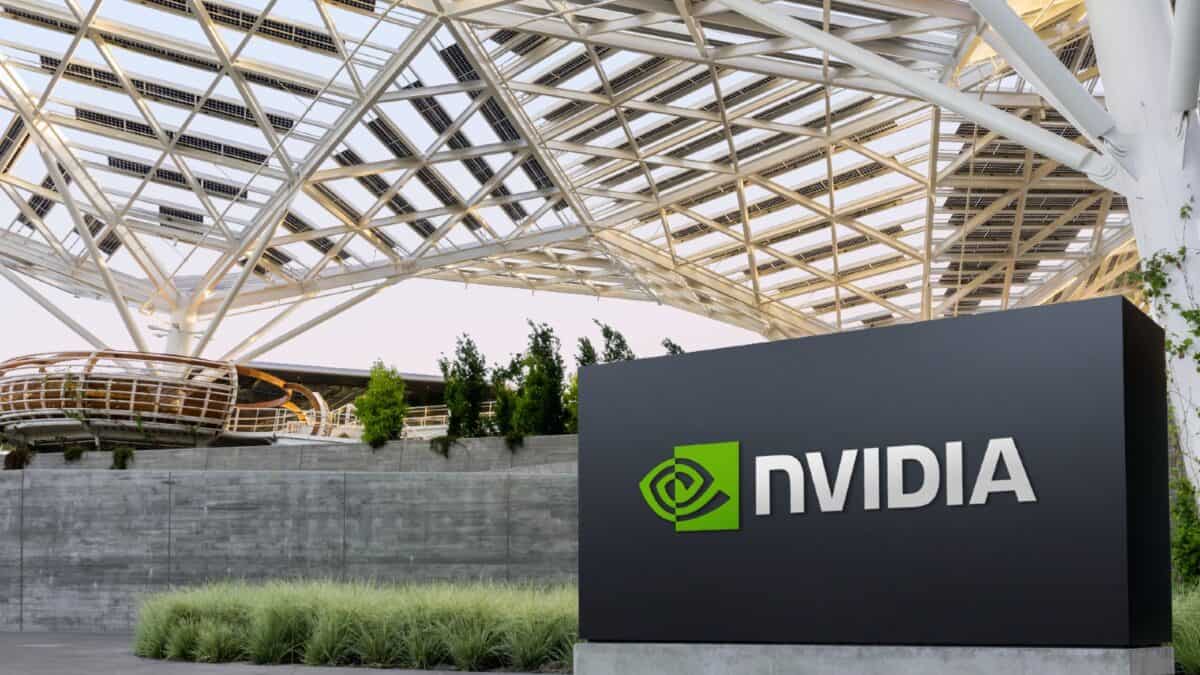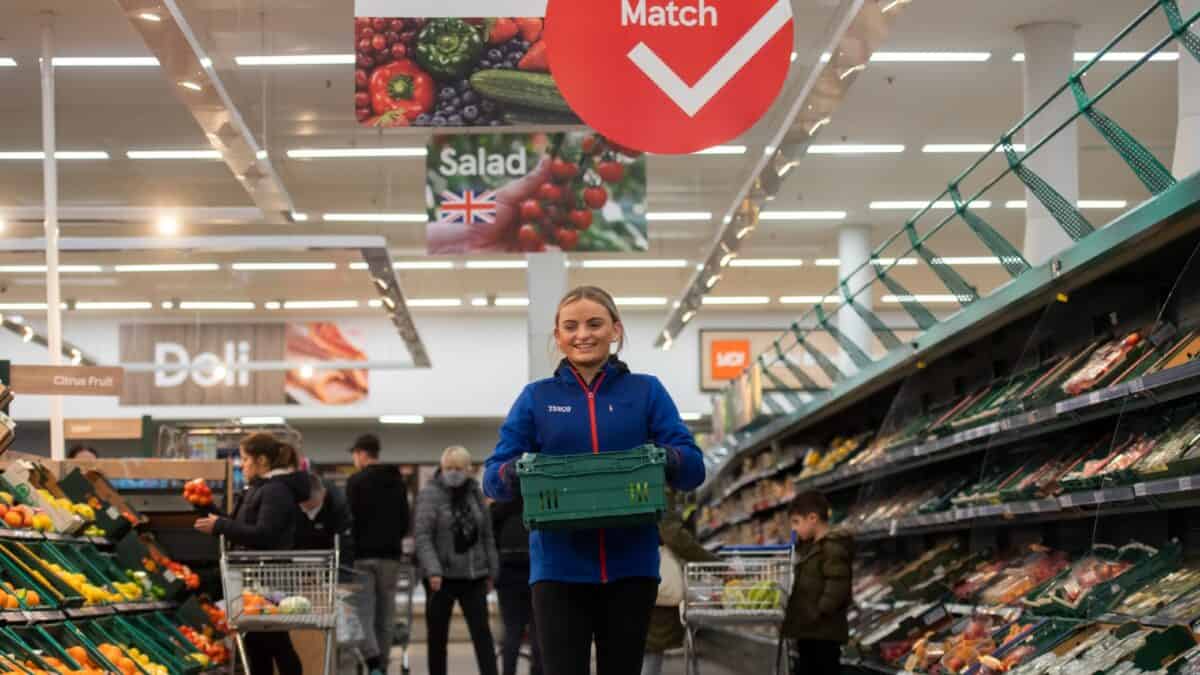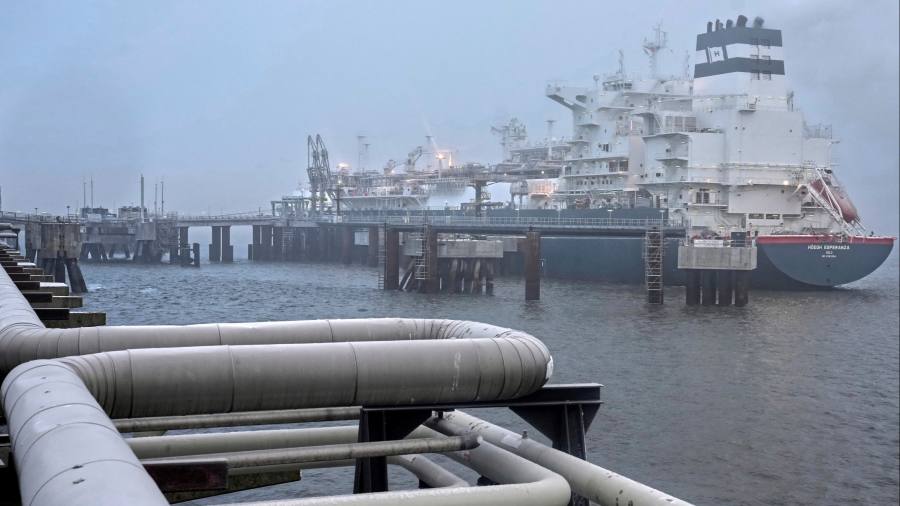Image source: Getty Images
FTSE 100 stocks have experienced a mixed 2022. While some sectors, resources and oil, have surged, others have struggled amid a tough economic environment.
Today, I’m looking at two financial services stocks. abrdn (LSE:ABDN), the global investment company and asset manager, while Hargreaves Lansdown (LSE:HL) sells funds and shares to customers through its online platform.
I already own both these stocks. Actually, I believe abrdn featured among the recommended picks by Hargreaves Lansdown at the beginning of 2022.
But if I had to buy more of one, which would I go for?
A challenging year
Both companies have faced challenges this year. abrdn is an established asset manager, while Hargreaves, despite being a sizeable firm with 1.7m active account users, is a fast-growing platform provider and investment services firm.
In H1, abrdn said adjusted pre-tax profit fell to £99m from £163m in the year-ago period. Meanwhile, adjusted operating profit slid 28% to £115m and fee-based revenues were down 8% to £696m, driven by market movements, it claims.
abrdn’s total net outflows during the half were a huge £35.9bn, up from £5.6bn a year earlier, although this is largely reflective of the final £24.4bn tranche of Lloyds Bank‘s withdrawal.
Hargreaves’ year has been more positive, despite investors’ concerns. The firm saw considerable user growth during the pandemic as Britons were confined to their homes. Some 10% of them reportedly started investing in 2020.
Understandably, with restaurants, cafes and workplaces back open, that growth has slowed. But even in the last quarter, with the cost-of-living crisis biting, the firm reported net new client growth of 17,000 in the period, taking the total to 1,754,000 active clients, with a client retention rate of 92.2%.
Meanwhile, revenue for the period came in at £162.9m, up 15% year on year. This was driven by higher revenue on cash deposits as interest rates rose. Hargreaves is set to make £200m in the next year as a result of higher interest rates.
Long-term outlook
abrdn has proven to be a profitable business in the past, but it has challenges attracting new customers, especially amid choppy financial markets.
And this is where I’m favouring Hargreaves. The firm is well-positioned to take advantage of long-term trends, notably the increasing willingness of Britons to invest. Research suggests that 33% of them owned stocks and shares in 2020. And that represents a 50% increase from 2018 when only 22% of Britons owned stocks and shares.
I’m also seeing an increasing desire for them to take control over the own investments, rather than paying into funds or using asset managers.
I use the Hargreaves platform — I think it’s the UK’s number-one investment supermarket for good reason. The firm also provides me with up-to-date news and analysis as well as a user-friendly platform.
And while Hargreaves appears more expensive than abrdn, with a price-to-earnings ratio of 17, versus 14, I think this is reflective of the platform’s better prospects.
So while I already own both of these stocks, I’m buying more of Hargreaves, and holding my existing abrdn stock.
However, it’s certainly worth noting that I’m very aware a worsening economic climate won’t be good for investment services demand. The next six months could prove challenging for both businesses, especially if the forecast recessions is worse than anticipated.
Credit: Source link


![Just released: our 3 top income-focused stocks to buy in January [PREMIUM PICKS]](https://www.fool.co.uk/wp-content/uploads/2023/04/Three-fingers-1200x675.jpg)










